Editor's Note from Celebrity Media: As the world's attention focuses on the United Nations General Assembly in New York, another gathering of ideas and actions—the Concordia Annual Summit—is quietly stirring new waves in this global capital.
At this year’s summit, the Presidents of the three Baltic nations—Lithuania, Estonia, and Latvia—engaged in a profound dialogue with the moderator on regional security and international cooperation. The discussion covered key topics such as Russian activities, NATO defense, the situation in Ukraine, and transatlantic relations. The three leaders, with rational and restrained tones, presented Europe’s reflections and responses amid complex geopolitical circumstances.
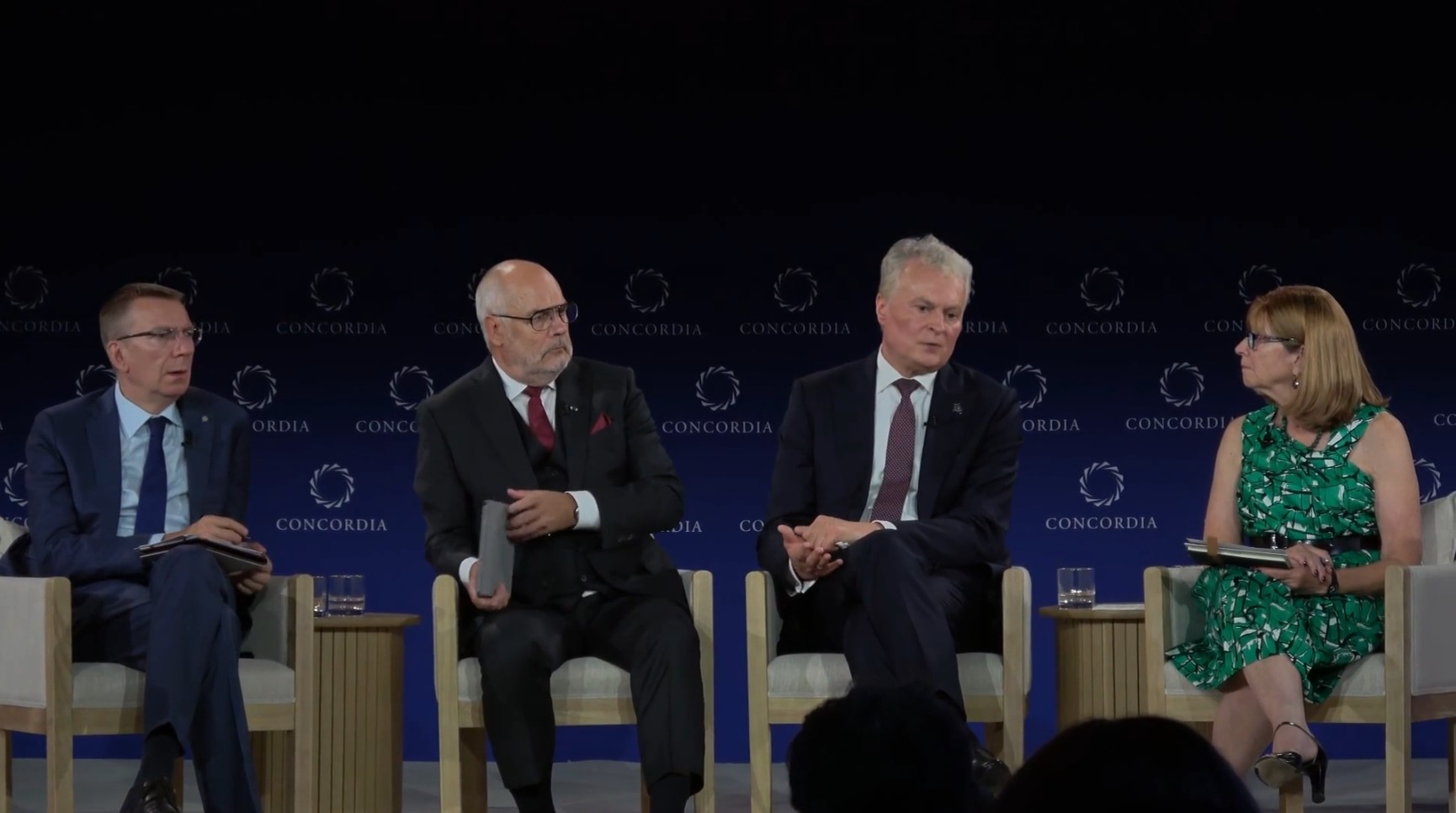
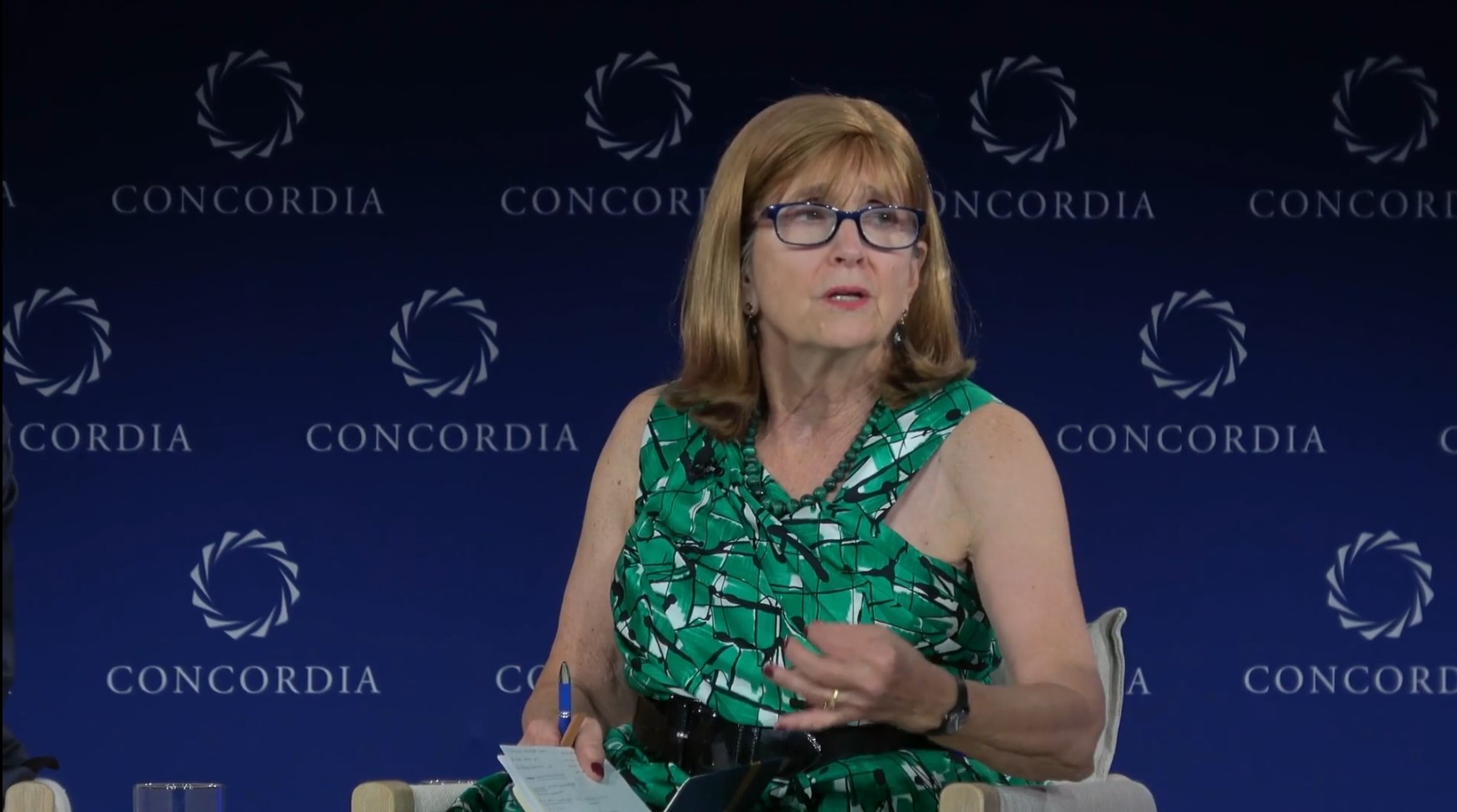

At the Concordia Summit held in New York, the moderator and the presidents of the three Baltic states—Lithuania, Estonia, and Latvia—discussed recent regional security developments, focusing on relations between Russia and NATO, the situation in Ukraine, and transatlantic security cooperation. The entire conversation was calm and clearly articulated, reflecting the shared concerns of the three countries regarding security and international collaboration. 1. Border Security and the NATO Mechanism The moderator began by asking about recent Russian incursions into Polish and Estonian airspace. Lithuanian President Gitanas Nausėda noted that such incidents have also occurred in Lithuania and Latvia. She stated that these acts have become “routine provocations,” but the international community—especially NATO—should respond swiftly and decisively.
President Nausėda emphasized that Lithuania is strengthening its air defense capabilities and plans to increase its defense spending to 5–6% of GDP by 2030 to bolster national security and NATO’s eastern flank. Estonian President Alar Karis responded that since joining NATO in 2004, Estonia has experienced multiple airspace violations. She mentioned that NATO’s coordination mechanisms are working effectively and argued that the existing “air policing mission” should evolve into a more defensive “air defense mission” to improve responsiveness.
She also confirmed that Estonia has formally invoked NATO’s Article 4 procedure, requesting member states to hold security consultations to ensure both political and military support for regional stability. Latvian President Edgars Rinkēvičs described the current situation as “a test of NATO’s political and military capacity.” He pointed out that Russian actions go beyond military maneuvers, encompassing propaganda and psychological warfare designed to sow mistrust among allies. However, he praised the unity shown by nations in the UN Security Council and under the NATO framework. 2. Cybersecurity and Hybrid Threats The moderator then addressed Russia’s influence in the fields of cyber, migration, and energy. The Lithuanian President noted that the Baltic region faces not only military threats but also “hybrid attacks” from neighboring Belarus, including the orchestration of illegal migrant flows to create social unrest and media confusion.
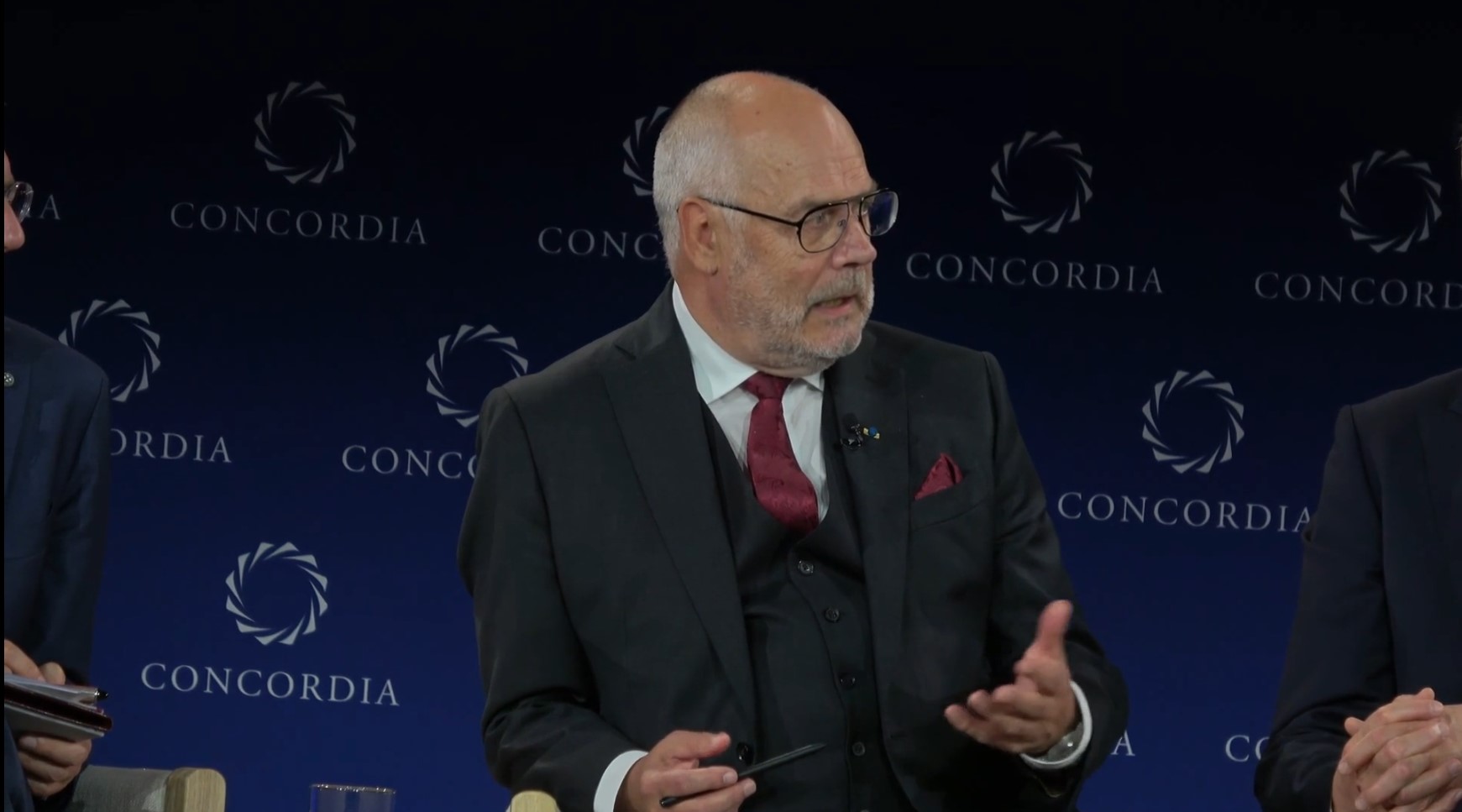
The three presidents agreed that cyber defense is an indispensable component of modern security systems. Lithuania and Estonia both recalled suffering large-scale cyberattacks as early as 2007, which spurred the development of their national defense frameworks. The moderator concluded that such “cross-domain threats” have become a long-term challenge to European security. 3. Ukraine and Security Guarantees When discussing Ukraine, the Estonian President expressed that Ukraine’s ultimate security guarantee should come from NATO membership, while acknowledging that this goal remains difficult in the short term. She said the Estonian government is prepared to provide military assistance if necessary.
The Lithuanian President argued that even without NATO membership, Ukraine can secure itself by strengthening its defense forces. She suggested that “building a modern Ukrainian army” is the most practical approach and highlighted the importance of ongoing international support and training cooperation.
The Latvian President added that Russia’s actions aim to weaken Europe’s support for Ukraine, but he insisted that Ukraine stands as Europe’s front line—“to support Ukraine is to safeguard Europe’s own security.” He also emphasized that Ukraine’s EU accession process is an integral part of regional stability. 4. Security and Energy Cooperation with the United States When addressing transatlantic relations, the Latvian President stated that the United States has always been a key partner in the Baltic defense system, with continuous strengthening of military training and equipment cooperation.
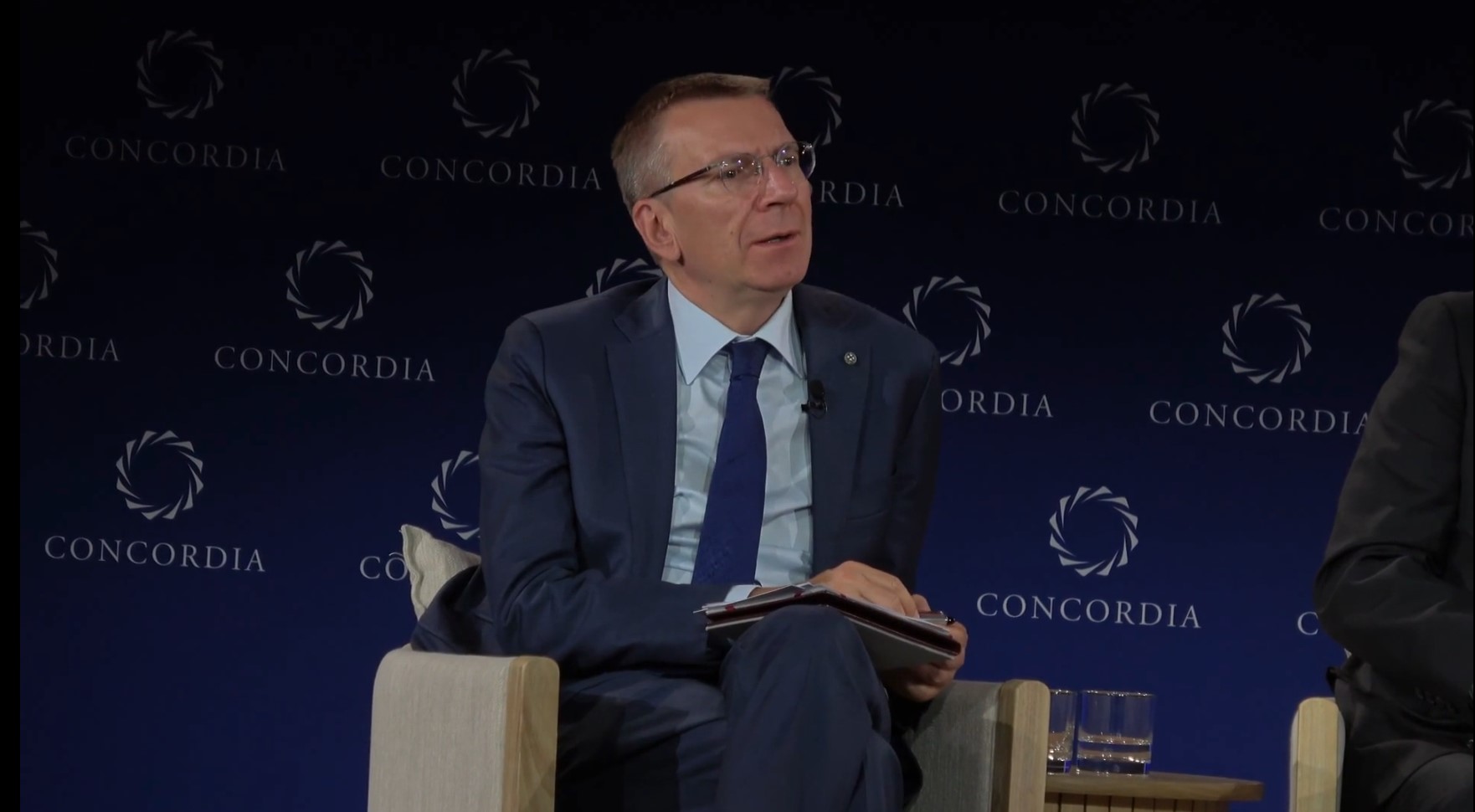
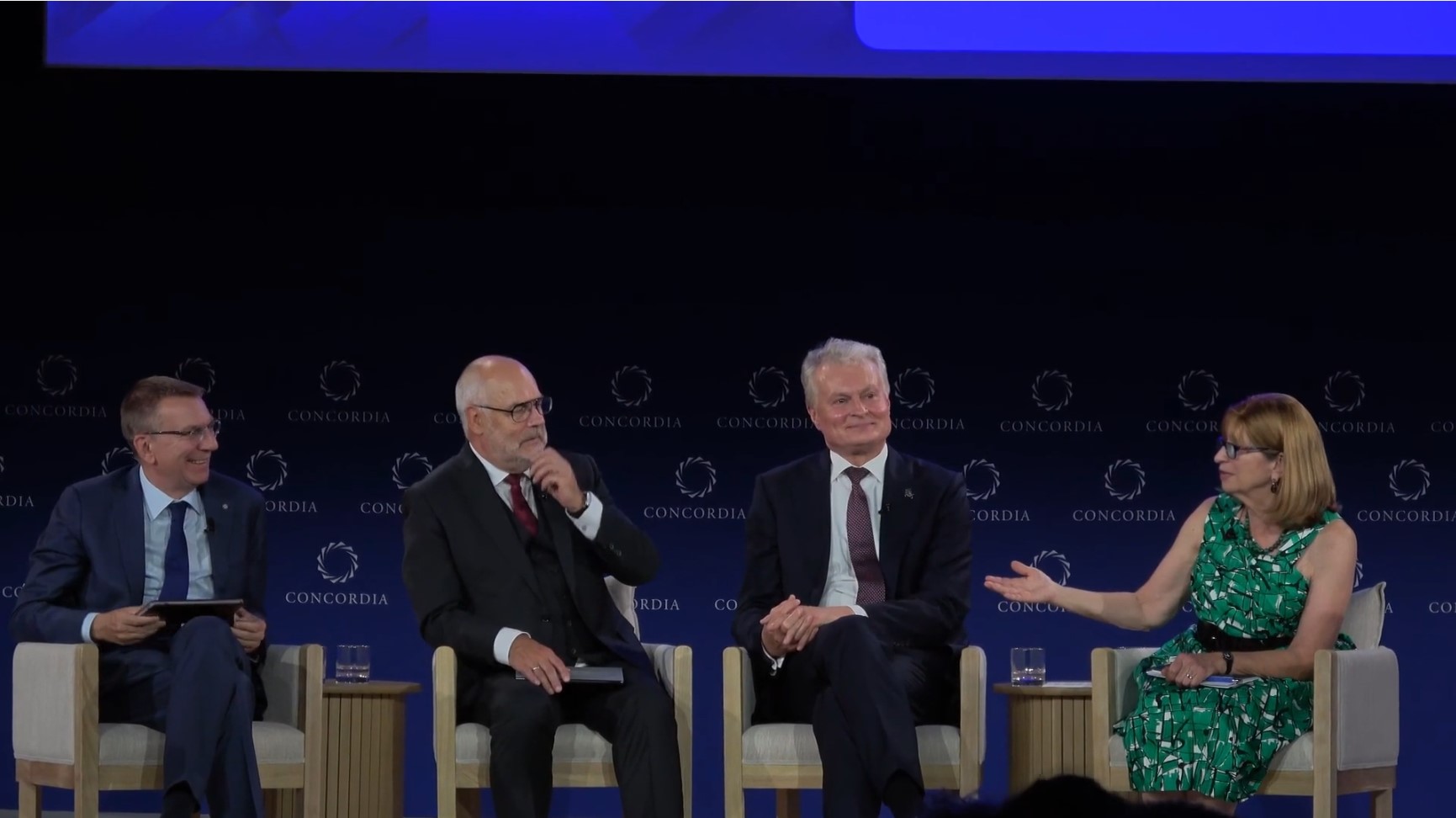
The Lithuanian President noted that since 2018, U.S. troops have been stationed in Lithuania to support regional defense. She also mentioned that U.S. liquefied natural gas supplies helped Lithuania completely cut its dependence on Russian energy in 2022, achieving energy diversification.
The three presidents agreed that cooperation between Europe and the United States in military, energy, and economic fields holds strategic importance. NATO members must continue to fulfill their defense investment commitments to maintain balance and trust within the alliance. 5. Conclusion and Significance At the end of the discussion, the moderator humorously recalled the 2019 “NATO 2% Club Lunch,” with the three presidents joking that they have now become the “5% Club,” symbolizing the Baltic states’ determination in defense investment.
The 25-minute dialogue spanned topics from airspace security to energy independence, from cyber defense to the Ukraine crisis—covering nearly all key aspects of European security today. The presidents consistently emphasized the importance of international cooperation, reflecting their shared goal of maintaining regional stability amid a complex geopolitical landscape.







